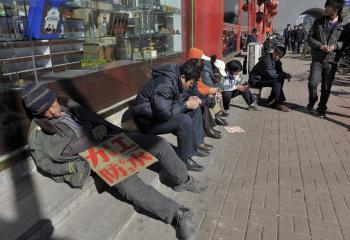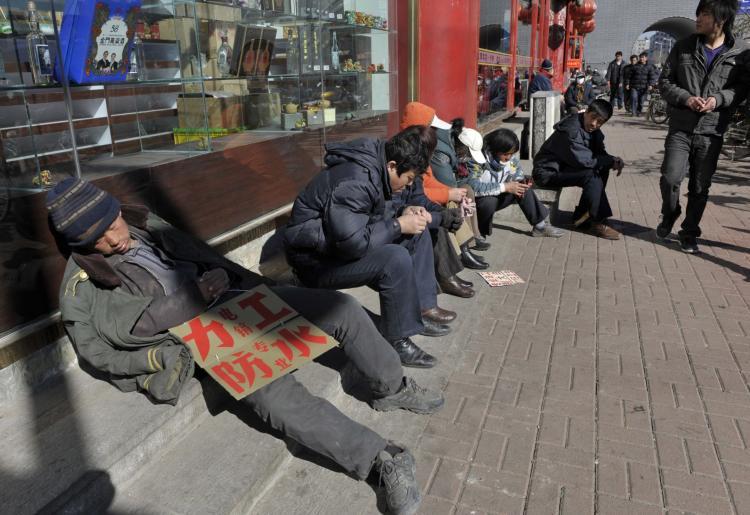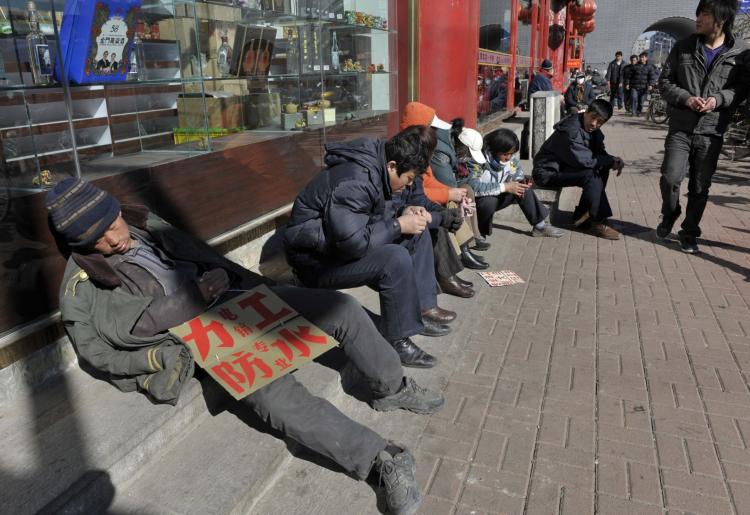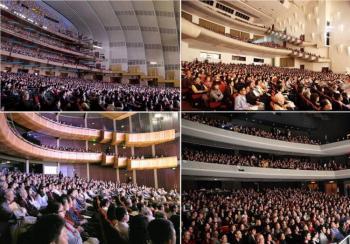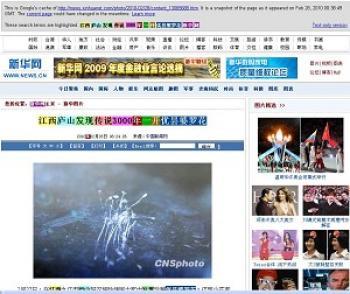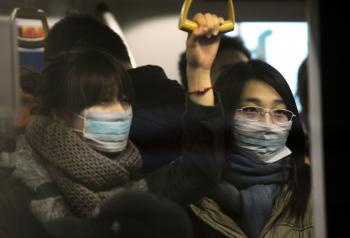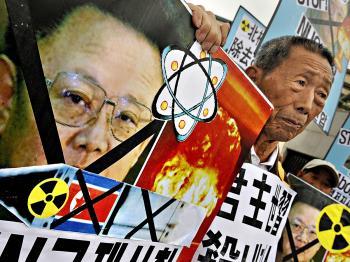According to data released by the National Statistics Bureau of China (NSBC) on April 16, China’s first quarter GDP growth is 6.1 percent.
Although it is the lowest quarterly growth figure since 1992, it is still considered a very good achievement in the current global recession.
However, many foreign media analysts and economists from both inside and outside China have doubts about this figure.
NSBC spokesperson Li Xiaochao, told media on the 16th, that of the 6.1 percent growth rate, 4.3 percent came from an increase in domestic demand, 2 percent from investment (the increase of fixed asset investment minus the reduction of inventory), and Chinese exports contributed a 0.2 percent decrease in the GDP growth figure.
However, what Li said, matched too well with Premier Wen’s speech at the 2009 Boao Forum for Asia on March 18. According to Wen, the regime’s stimulus package has shown a positive effect, and China’s domestic economic situation is “better than expected.”
2009 Is a Sensitive Year, Announce Good News Only
In a Voice of America interview, Professor Shang Dewen from Peking University commented that 2009 is a sensitive one for China, so Wen could only say good things, but no bad news.
Shang said, “The figure from China’s statistics bureau is just the product of the bureaucratic system, it was created according to the leader’s will, it has hardly any scientific meaning.”
Hong Kong’s Apple Daily in an article titled “Outstanding Chinese Economy Shows Tons of Questions”, questioned the authenticity of the new GDP figure because “officials manipulate figures and figures generate officials” is a known bureaucratic rule in China.
Renowned financial columnist Liao Shiming said in an Epoch Times interview that he is not surprised that the regime announced such a figure, “the regime’s GDP figure is always better than the real situation, the 6.1 percent is not an exception.”
Decreasing Electricity Usage
According to Hong Kong’s Mingpao News, at the NSBC conference, Li could not answer three questions.
One of them is the reason for the decreasing electricity consumption. As an indicator of the economy, electricity consumption increased in January and February this year, but declined from mid March and fell another 3.57 percent in the first half of April.
Professor Xie Tian from Drexel University in Pennsylvania commented, “The regime wants eight percent growth, however, everyone knows it is impossible. But, 6.1 percent is lower, yet not too low. It is just enough to let Chinese people, and governments around world have some ‘confidence’ in this illegal regime.”
Xie continued, “The importance of China’s exports to its GDP is a well known fact, (with the global recession), it could only be a negative figure, domestic consumption increases while exports decrease, it justifies the regime’s ‘smart policy’ to stimulate domestic demand.”
“But, according to mainland media reports, the regime also tried to stimulate rural demand by providing 10.4 billion yuan ($1.52 billion) and 5 billion yuan ($732 million) respectively, for farmers to buy electrical appliances and automobiles. This indicates that the buying power and demand of Chinese rural areas is not there, besides, the rising unemployment rate could only forshadow a decrease in consumption.”
Xie also said that, according to data released by the Organization for Economic Co-operation and Development, on March 6, China’s January Composite Leading Indicator dropped another 2.1 percent to 87.4 percent. The drop ranks second in all OECD member countries, just better than Russia.
Xie believes the OECD’s figure gives a good explanation for the regime’s perfect GDP figure.
